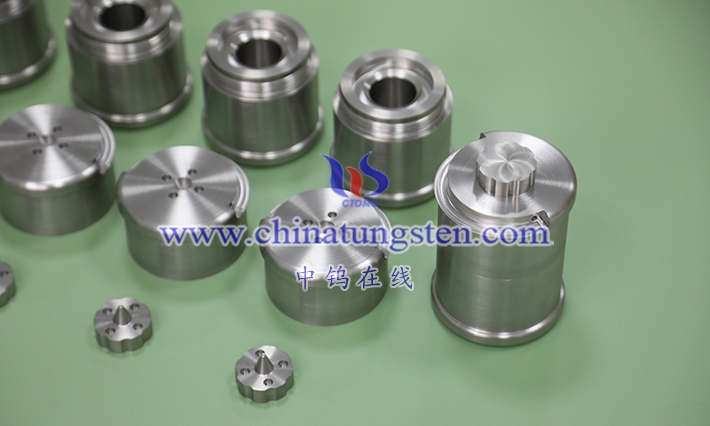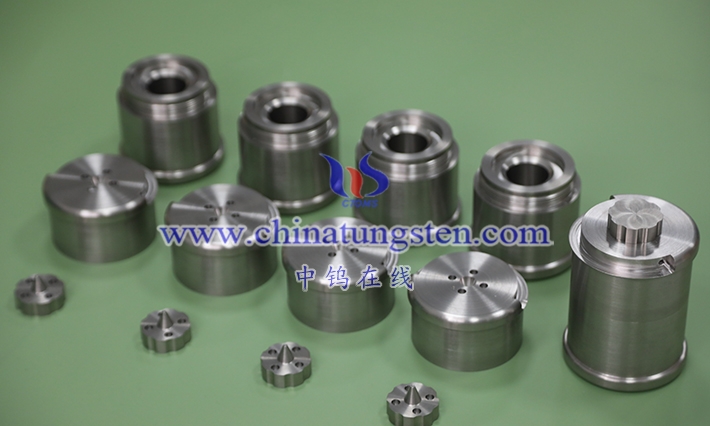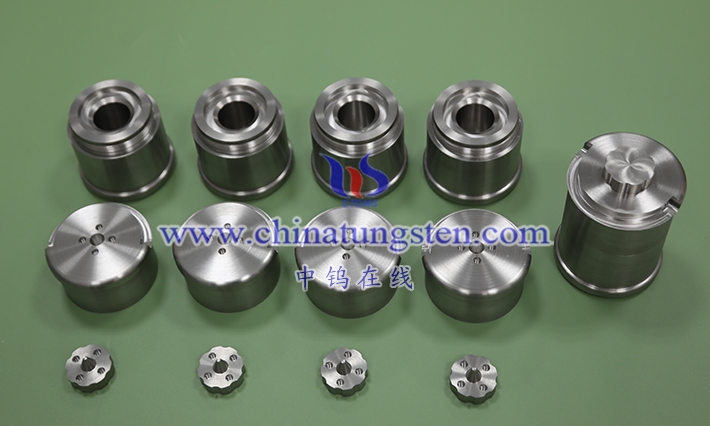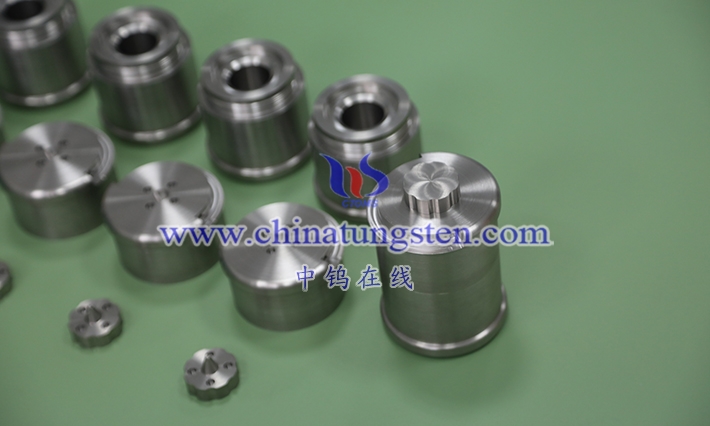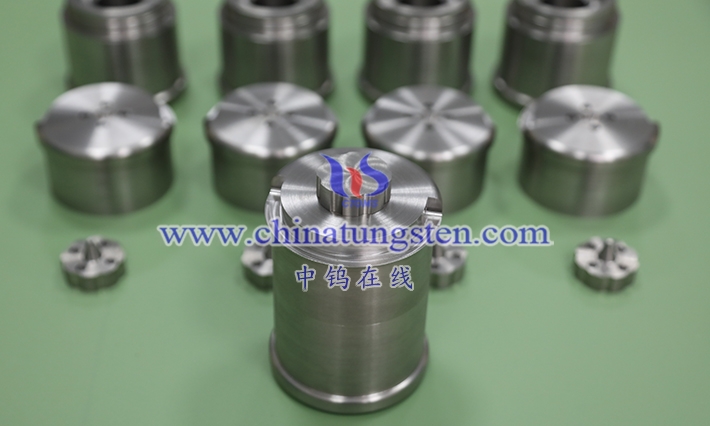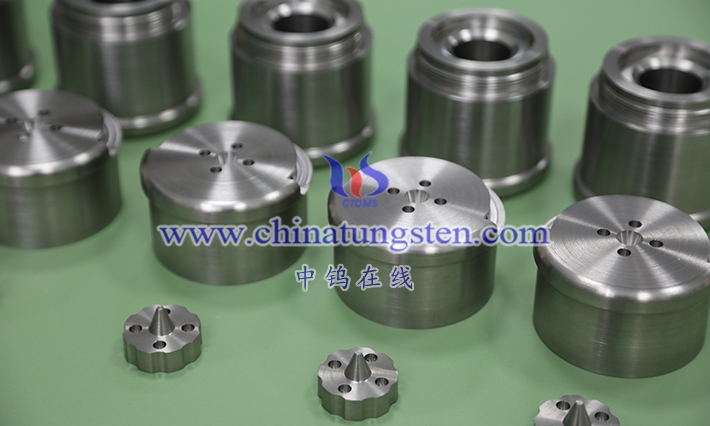Tungsten alloy screws are fasteners primarily composed of tungsten, manufactured through powder metallurgy processes. The concept stems from tungsten’s high melting point (approximately 3422°C) and high density (about 19.3g/cm³), alloyed with metals like nickel, iron, or copper to form high-performance alloys. This screw’s core lies in combining tungsten’s superior physical properties with the fastening function of screws, meeting demands in extreme environments. Unlike traditional steel or aluminum screws, tungsten alloy screws emphasize high strength, high-temperature resistance, and radiation shielding, with alloy compositions adjustable for specific needs, such as tungsten-nickel-iron alloys for enhanced mechanical performance.
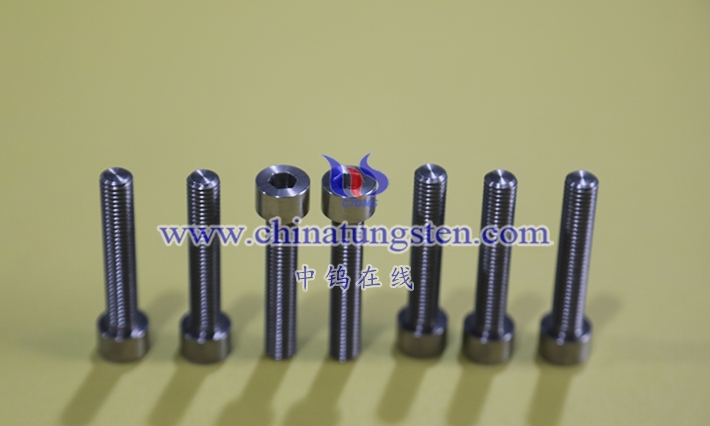
In terms of function, tungsten alloy screws are mainly used for high-density counterweights, radiation protection, and high-temperature fastening. First, as counterweight components, they play a role in golf clubs, gaming mice, or precision instruments, utilizing high-density characteristics to adjust the center of gravity and improve stability. For example, in golf clubs, tungsten alloy screws can precisely control weight distribution to avoid a floating feel. Second, in medical and nuclear industries, they provide excellent radiation shielding performance, more effective than lead in blocking X-rays, and are non-toxic and environmentally friendly, complying with ROHS standards. Third, in aerospace and semiconductor manufacturing, their high strength (tensile strength up to 1100-1500MPa) and high-temperature resistance ensure no loosening or deformation under vibration and high torque. Additionally, tungsten alloy screws have good corrosion resistance and thermal conductivity, suitable for chemical equipment and high-temperature furnaces. Compared to ordinary fasteners, their versatility allows for customized shapes and threads, achieving precise installation and fine-tuning. Overall, the functions of tungsten alloy screws expand the limitations of traditional screws, driving advancements in high-end industries, such as anti-vibration fixation in electronic devices and high-strength connections in military applications. Their environmental attributes also make them a replacement for lead products, becoming a sustainable choice. Through these functions, tungsten alloy screws not only enhance equipment performance but also reduce maintenance costs, ensuring long-term reliability.
